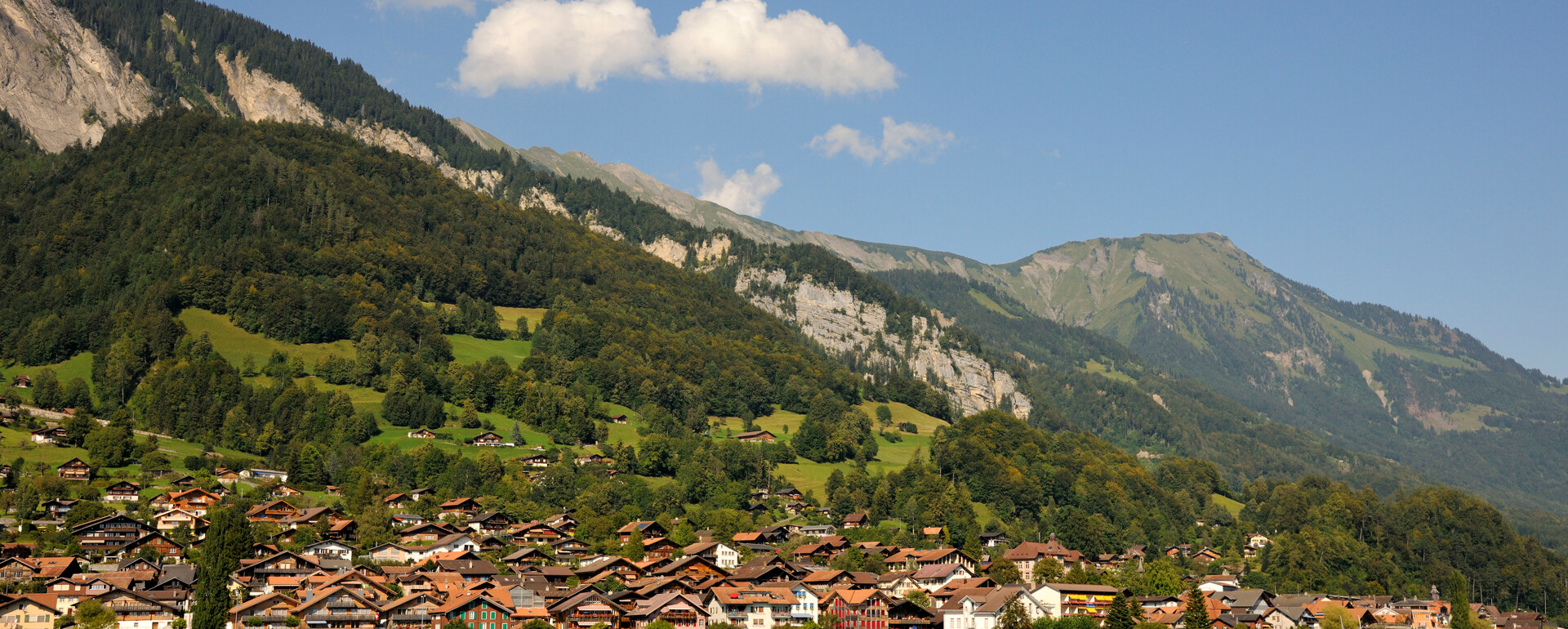How Do Foreign Investors Buy Ski Property In Switzerland? | Alpine Property

The purchase of property by foreign investors is regulated by Swiss Federal Law under the Lex Koller regulations. This requires non-residents to obtain a permit from the federal authorities and appropriate cantonal before moving forward with the acquisition.
Lex Koller Regulations
Lex Koller enables foreign investors to buy property in specific areas of the main cantons of Vaud, Valais, Fribourg, Bern, Neuchâtel, Ticino and Graubünden, which are all allocated a share of the annual permissible figure of 1,440. It is therefore possible to buy in most of the main ski resorts within Switzerland. However, if the property is bought to serve as the main residence and not rented out, no permission is required. This is commonly referred to as the ‘Permit B’ route and also involves acquiring Swiss Residency.
Once you have found a property that you would like to purchase, you will need to check that you will be able to obtain a mortgage, being sure to factor in any savings that you may have along with any necessary renovation costs and the co-ownership charge, if a shared building.
If you are satisfied that you can afford the property it’s time to put in an offer in via your estate agent or immobilier. Generally new build property via developers sell at asking price. It it is a resale apartment or chalet then you will have more chance of negotiating a small discount.
Once your offer is accepted then your estate agent will kick off the application for your foreign buyers permit.
If you purchase is off-plan then payments are usually required as follows:
- 30% on signature
- 25% on laying the foundations
- 30% on laying the roof
- 15% on handover of keys
Certain new-builds will require an annual payment of interest on the land (Baurechtzins). This is similar to buying a property leasehold rather than freehold. However, please take legal advice if you choose to buy out the lease as you’ll need to be fully aware of the consequences.
Once you have completed on a new-build you will receive a home warranty for the next 5-10 years depending on the extent of the defect identified.
Purchase Costs
Purchase fees vary from canton to canton, ranging from between 2.5% and 5% of the purchase price. For example, fees in Canton Bern amount to a total of around 3% of the purchase price, comprising Government purchase tax (1.8%), notary fees (0.8%), land registration fees and registration of mortgage.
There are plenty of foreigner purchase permits in the Canton of Graubünden meaning there is no waiting list. Property transfer taxes (Handänderungssteuer) are roughly 2% and notary fees are around 0.5%, bring total sales costs to around 2.5% of the sales price.
Taxes and notary fees in Canton Valais amount to around 2.5% of the purchase price while in Canton Vaud the total fees are 5% of the purchase price (consisting of a one off property transfer tax of 3.3% plus notary and land registration fees of 1.7%).
Mortgage registration charges also vary from canton to canton.
In Canton Valais it is 1.6% levied on the amount of the loan, however in Canton Vaud it is: up to 100,000 (0.6%), up to 200,000 (0.5%), up to 300,000 (0.47%), up to 400,000 (0.45%) and up to 500,000 (0.44%).
“A number of Swiss banks have all their documentation in English and will lend up to 70% of the purchase.”
Mortgages
A number of Swiss banks have all their documentation in English and will lend up to 70% of the purchase. The loan is normally granted as a current account overdraft secured on the property repayable over 25 years.
Interest is payable every quarter on the outstanding capital balance, with repayments being higher in the earlier years, reducing as the capital is repaid. Swiss interest rates are currently around 2.5% variable rate or fixed between 1.2% and 1.5% for 2-10 years respectively – one of the lowest rates in Europe. Foreign investors can defer changing pounds sterling or euros into Swiss francs for three years as the bank will invest your 30% equity in a pounds or euros investment account. The banks do not require any life insurance or charge a set up fee.
Exchange Rates
Exchange rates can have a huge bearing on the profitability of your investment, so it is prudent to fully understand the currency risks involved when buying a property in Switzerland. In 2021, the exchange rate of 1 GBP to CHF has ranged from a low of 1.22 in November to a high of 1.28 in September.
Due to the overall strength of the Swiss franc, and weakness of the Pound, it is a challenging time to invest in Swiss property. In addition, time will tell how the Covid-19 pandemic will continue to affect the UK’s and Swiss economies. However, a strong recovery after Brexit and the coronavirus could see the Pound appreciate against the Swiss franc, making investing in Swiss property more appealing. This could mean that it’s sensible to take out a mortgage in Switzerland as your overall mortgage value will fall in sterling terms, along with your monthly repayments.
Find out more about the Ski Property Rental Market in Switzerland here.

